Donald Trump’s favourite game of forcing China into obedience is slapping tariffs on Chinese goods. Like it or not, the U.S. president will most likely win the game simply because Beijing enjoys US$375 billion trade surplus with the U.S. Trump has repeatedly highlighted China’s US$375 billion surplus with the U.S. as evidence of an unfair trade relationship.
However, Beijing argues that it should not be punished if it doesn’t want to buy what the U.S. is selling. Such argument has fallen on deaf ears. As retaliation, China, the world’s second largest economy, has no choice but to retaliate to Trump’s tariffs with its own counter-tariff measure. Last Friday, Trump declared that the U.S. would slap 25% tariffs on up to US$50 billion worth of Chinese goods.
Immediately on the same day, China slapped back a 25% tariff on 545 U.S. goods worth US$34 billion to be effective on July 6 – including agriculture and automobiles from the country. In retaliation to Beijing’s retaliation, Trump has requested the United States Trade Representative to identify US$200 billion worth of Chinese goods for additional tariffs at a rate of 10%.
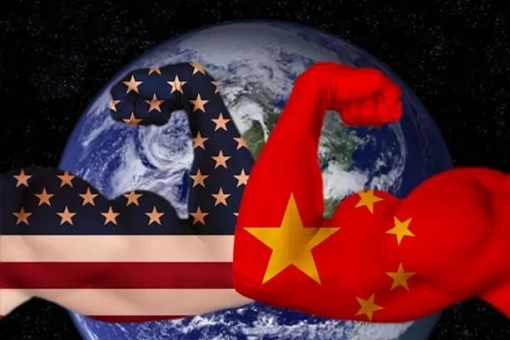
Although Beijing has pledged to safeguarding the interests of China and its people, and defending free trade, the Chinese knew eventually they wouldrun out of bullets playing the game where Trump sets the rules. And that rules say the Maths isn’t on China’s side. Last year, U.S. exports to China were only US$130 billion while imports from China were US$506 billion, hence the US$375 billion deficit.
In essence, Trump’s threat of US$250 billion tariffs cannot be match by Beijing. At most, China can only threaten to slap tariffs on US$130 billion worth of American goods. Therefore, President Xi Jinping will blink first if he plays this poker game with President Donald Trump. However, China has a secret weapon and nope, it’s not selling U.S. Treasury bonds, or simply I.O.U. debt papers.
China can hurt Trump administration by doing a South Korea on American companies already inside the Great Wall of China. Forget the export-import numbers between both superpowers. American companies had US$627 billion in assets and US$482 billion in sales in China in 2015. In comparison, Chinese companies had only US$167 billion in U.S. assets and US$26 billion in U.S. sales.
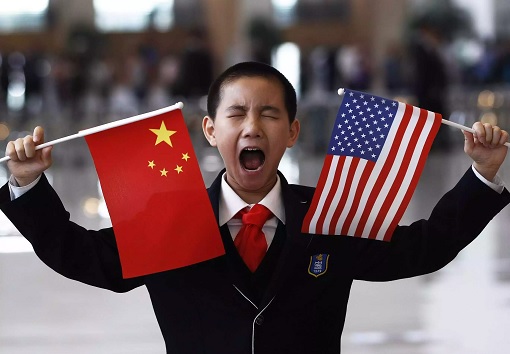
Hence, China can squeeze American companies operating in the mainland to the extent that they have no choice but to pressure their president back home. American companies such as Apple, Starbucks, Walmart, General Motors and Boeing are all at the mercy of Beijing. And if South Korea Lotte Group was any indicator, a similar stunt could cripple the American companies.
The Chinese are pretty good in pressuring foreign companies in the country using bureaucratic means. Early last year, angered by the plan to deploy THAAD (Terminal High Altitude Area Defence) in South Korea, China unleashed its mini-version of trade war against South Korea conglomerate retailer Lotte Group.
Lotte, which had more than 80 supermarkets in China, was specifically targeted by Chinese authorities, ranging from fines for illegal advertising to suspension of sales of Lotte products to cyberattack of its website. Even Lotte’s candy was targeted when a shipment of Lotte Confectionery’s yogurt-flavoured candy from South Korea were confiscated by Chinese quarantine officials.
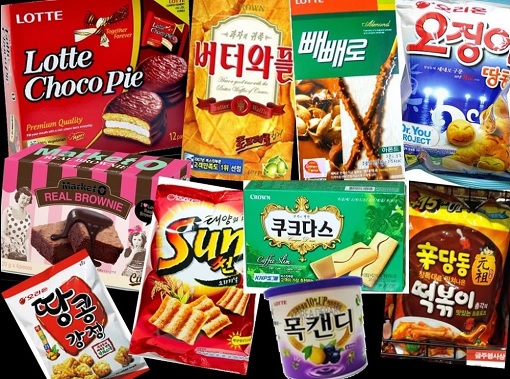
Over 150 factories, storage facilities and stores of Lotte affiliates, including Lotte Confectionery, Lotte Chemical, Lotte Department Store and Lotte Mart faced some form of government inspection. The construction of 3 trillion won (US$2.6 billion) Lotte World Town was halted. The corporation depends so heavily on China that the company derives US$2.64 billion of revenue in China.
The backlash also led to boycotts, with consumers shunning cars from Hyundai Motor and cosmetics from Amorepacific Group. In what appeared to be a coordinated attack on South Korean products, social media and local news websites showed crowds vandalizing a Korean-made Hyundai car. Heck, even Korean K-pop and K-drama were dragged in the nationwide boycott.
Yes, the Chinese government can actually organise a boycott very quickly – and deadly. Thanks to communism, the Chinese Communist Party controls the domestic media, and can weaponize the propaganda machine faster than Trump sending his tweet. And they have repeatedly used such lethal tactic not only on South Korea but also Japan, both allies of the U.S.
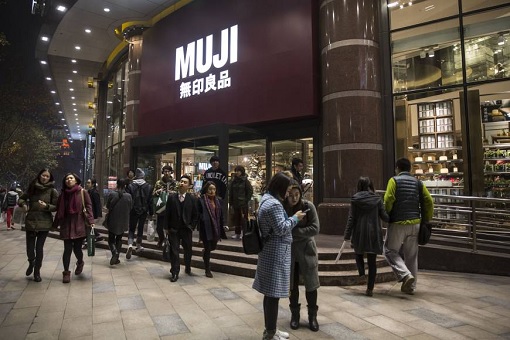
In 2012, Japanese carmakers suffered major declines in their China sales after the fight over disputed islands in the East China Sea worsened. It has become such an efficient strategy that China has started abusing it. Early this year, Muji, a Japanese retailer that sells household goods and clothing was caught in crossfire between Japan and China.
Apparently, the Chinese authorities got offended by a map that appeared in Muji’s 2017 winter/fall furniture catalogue distributed in China. Maps produced by Muji did not show the Senkaku Islands and several islands in the South China Sea that Beijing has claimed. As far as Muji is concerned, the Senkaku Islands, located in the East China Sea, belonged to motherland Japan.
However, China claims it was part of the Chinese empire since ancient times. Pressured to put business above politics, Ryohin Keikaku, the Tokyo operator of Muji stores, eventually caved in and has agreed to scrap the catalogue after receiving an instruction from Chinese officials – the State Bureau of Surveying and Mapping – in October, 2017.
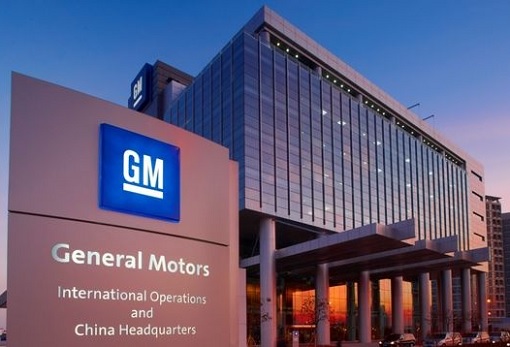
Like other foreign carmakers, General Motors and Ford Motor have invested heavily in local production in China – the world’s largest car market – bigger than the U.S. and Japan combined. According to Bloomberg Intelligence, China contributed more than a quarter of GM’s profit last year – selling a record 4.04 million units – and about 12% of Ford’s.
While General Motors’ revenue totalled US$45 billion last year, China is also the biggest market for electric vehicles. In 2017, Tesla sold 15,000 vehicles in China, delivering more than US$2 billion to Mr Elon Musk. And Boeing, which said late last year that it expects Chinese airlines to buy over US$1 trillion worth of planes over the next 20 years, would suffer dearly if Beijing retaliates.
Apple’s revenue in the mainland was at eye-popping US$46 billion. The New York Times reported that Mr Trump told Apple that the U.S. would not place tariffs on iPhones. But that doesn’t mean President Xi Jinping will hold back from a full-scale attack on all American companies. Even Starbucks’ current 3,300 outlets in China could be targeted if a nationwide boycott is triggered.
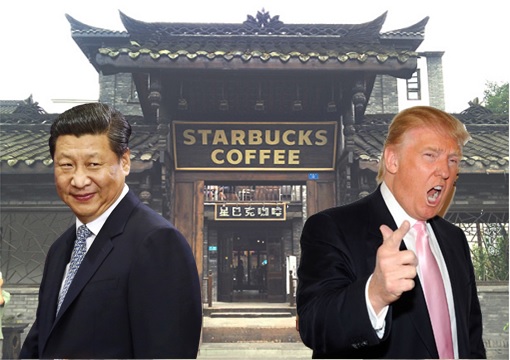
Other Articles That May Interest You …
- Trump Threatens China With $200 Billion Tariffs – Here’re 3 Options On The Table For China
- Chinese Economic Power – Japan Isn’t Impressed Retailer Muji Bullied By China
- China Reveals Strategy To Fight U.S. Trade War – Stop Buying American Debt
- Chinese Flag Raised At Sri Lanka Port Raises Concern Of China Secret Naval Base
- Unhappy With Moon, China Makes U-Turns And Bans South Korea … Again
- China Invasion – Top 10 American Iconic Brands Now Owned By Chinese
- Here’s How China Hurts U.S. – Boycotts All South Korean Products
- Why China Can “Take” Any Island In South China Sea … And Get Away

|
|
June 21st, 2018 by financetwitter
|


|

|

|

|

|

|




























America is not South Korea. You are drawing a wrongful conclusion. South Korea has no financial and political strength to fight back on the THAAD issue, rest assure America has plentiful. Whacking down RMB (forcing capital exodus) and forces up China bank interest (causing highly geared GLCs and private corporation into collapses) are just two of the ways.
Other way is to allow Japan to nuclearize their military and lending more power to Taiwan, Vietnam, India , Singapore and Australia.
Never think China is invincible, at least not yet.